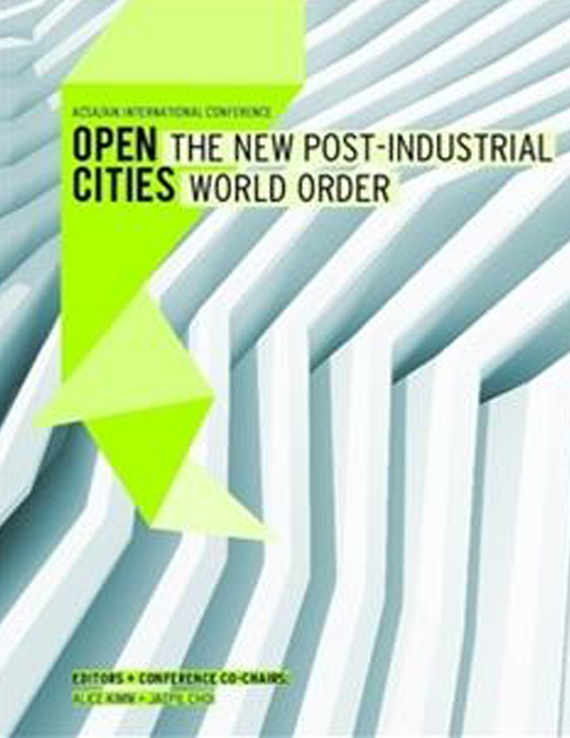Author(s): Dale Morris, Derek Hoeferlin & John Hoal
The Mississippi River is the longest river in the USA, 4th longest in the world, anddrains 31 states (41% of the US landmass) and two Canadian Provinces, and togetherwith the Missouri, Illinois and Ohio Rivers has for centuries has been aconduit for cultural and economic exchange throughout the North American continent.These rivers are also ecological treasures with the Mississippi River. But therivers are under stress.The 2011 Mississippi/Missouri floods throughout the Midwest, followed by the2012 Midwest drought and once again the 2013 floods, demonstrate that increasedclimate variability across the Mississippi river basins cannot be ignoredover the long-term. Extreme weather has a direct, and often negative, impact onthe river’s functioning and adjacent land-use’s, and thus also the Mid-West’s ecology,economies and communities. Increased climate variability may mean morefrequent extreme weather throughout the Mid-West. More floods and droughtsdemand that stakeholders along the Mississippi and Missouri River system adaptat-risk communities, ecologies and economies to this uncertain future. The challenge– along the Mississippi and Missouri Rivers as in California’s Central Valley,throughout Europe and Asia, and elsewhere – is one of design: to create and promotesustainable, healthy river systems that enrich local communities, drive localeconomies, and provide key ecological services up and down the river system.MISI-ZIIBI was the first in a series of multi-disciplinary workshops that investigatedspatial design strategies through the studying of innovative, integrated approachesfor climate adaptation and sustainability along the Mississippi and Missouri rivers inthe Midwest. Initially focusing on the St. Louis region, the first workshop outcomeswere a broad-based set of proto-typological, multi-scaled planning scenarios worthyof more detailed study and intended to be transferable to other Midwest regions.The workshop approach brought together multiple disciplines of Dutch and Americanparticipants in an interactive design-based setting. The participants will seekinput from local stakeholders and communities to ground the work in the specificrealities and existing initiatives already at hand. The workshop intends to foster anew dialogue about both policy and design along the Mississippi and Missouri Riversin the Midwest in relation to climate change and weather extremes, as well asthe changing functioning of the river economically and ecologically and what thismeans for the adjacent communities.The workshop products were a series of scenario-based and scalable design strategiesthat will investigated possible prototypes for integrated and sustainable modelsfor land-use planning, flood-risk-protection, community and economic resilience,drought tolerance, ecological benefits and sustainable design developments alongMidwest metropolitan river regions. MISI-ZIIBI asked groups to work at the St. Louisregional scale, in addition to various fluvial zones that included agricultural, suburbanand urban typologies. The intent was these areas of study reflected overallconditions transferable to other Midwest city-regions. The graphic-based outputsof MISI-ZIIBI will aid the community, stakeholders and government officials as theydevelop ways to respond to the MISI-ZIIBI’s climate challenges.
Volume Editors
Alice Kimm & Jaepil Choi
ISBN
978-0-935502-91-6

 Study Architecture
Study Architecture  ProPEL
ProPEL 
